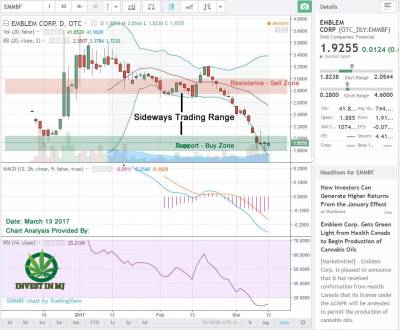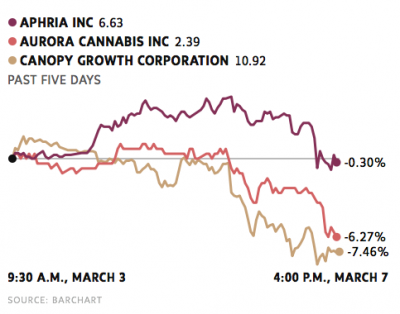A former Liberal cabinet minister who recently chaired a panel guiding Ottawa’s push to legalize cannabis says police everywhere should enforce the existing prohibition of marijuana, despite several communities in British Columbia choosing to regulate – not raid – illegal pot shops.
Anne McLellan, head of an official task force that submitted recommendations to Ottawa on how best to legalize cannabis, said Thursday that Vancouver crafted Canada’s first municipal marijuana bylaw in response to what was a “growing difficult situation for them.”
But the former minister of public safety, health and justice in the Liberal governments of Jean Chrétien and Paul Martin said other cities should not follow suit before the current laws change, echoing what the federal government has repeatedly said when asked about the rise of illegal dispensaries.
“Nobody would deny that there are some practical problems at street level, absolutely, nobody denies that,” said Ms. McLellan, who was in Vancouver speaking at Simon Fraser University’s downtown campus on the work the task force did last year.
“Cities should wait until the law changes instead of making their own rules now and hoping to adapt them to a federal framework later on,” she said. “I cannot advocate that anybody break existing laws. We are a nation of law-abiding citizens.”
Ottawa is expected to table legislation this spring that will legalize and regulate recreational marijuana over the next two years. While the stores are still illegal under federal law, they have proliferated in cities such as Vancouver and Victoria, where local politicians argue their rules can eventually be adapted to any national framework regulating the storefront sale of the drug.
All dispensaries and compassion clubs across Canada still operate outside the federal government’s medical-marijuana program, which permits about 30 industrial-scale growers to sell dried flowers and bottles of cannabis oil directly to patients through the mail.
The federal government has said its two core priorities behind legalizing the recreational sale of marijuana are: to keep the drug out of the hands of young people and to stop the flow of money to organized criminals involved in the production and sale of the drug on the black market.
Vancouver’s approach to regulating its dispensaries stands in stark contrast to Toronto’s, where police and politicians say a continuing crackdown has become more urgent as these pot shops have become a magnet for violent thieves because some owners are reluctant to report robberies.
Civic and provincial politicians across the country are waiting on the coming legalization bill to give some guidance as to where the drug may be sold once it is legalized.
Vancouver councillor Kerry Jang, architect of the local dispensary bylaw, said he was disappointed in Ms. McLellan and Ottawa’s rhetoric, noting they both appear to be eschewing the public-health approach of his city, and that of other communities in B.C. also licensing these illegal stores.
“It’s sort of like we’re in purgatory,” he said Thursday. “And when you’re in purgatory, it’s not about allocating our resources, it’s about advocating what’s right for our citizens – that’s what Vancouver has done.”
He said he wants Ms. McLellan to push federal ministers to implement the new legislation faster because local governments across the country are wasting millions of dollars containing the grey cannabis market.
“When it comes to resources, the federal government better provide good resources for us to help enforce and help manage what they want us to do,” said Mr. Jang, a clinical psychiatrist. “Otherwise, we’re going to be back to square one.”
The Union of B.C. Municipalities has long advocated that cities deserve to receive some of the eventual tax revenue from recreational cannabis sales if they are expected to enforce federal cannabis laws.
The federal Liberals have said any pot proceeds would be directed to addiction treatment, mental-health support and education programs, and that provinces and territories will also have a significant say in how cannabis revenues are spent. A recent study from the parliamentary budget watchdog predicted that about 60 per cent of marijuana taxation will flow to the provinces.
Ms. McLellan, now in the public-policy division of Bennett Jones, one of the Canada’s leading law firms operating in the cannabis sector, said different communities have different concerns about the drug, as evidenced by Toronto and Vancouver’s contrasting approach to dealing with illegal dispensaries.
Original article by: MIKE HAGER, VANCOUVER — The Globe and Mail. Published Thursday, Mar. 23, 2017 10:04PM EDT











